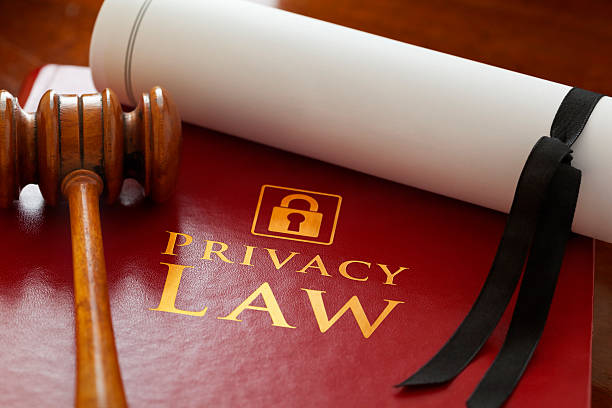Introduction
The evolution of privacy law is marked by transformative legal cases that have set lasting precedents. These pivotal moments underscore the importance of data protection, personal rights, and the ever-evolving relationship between technology and the law. In this article, we delve into five groundbreaking cases that reshaped the privacy landscape.
1. Katz v. United States (1967): Redefining Privacy Expectations
The Katz v. United States case marked a significant shift in how privacy is understood under the Fourth Amendment. Charles Katz was convicted based on evidence obtained through a listening device placed on a public phone booth. The Supreme Court ruled that the Fourth Amendment protects people, not places, and established the “reasonable expectation of privacy” standard.
Impact of the Decision:
- Paved the way for privacy rights in public spaces.
- Influenced modern debates around surveillance and electronic eavesdropping.
The Katz decision is a cornerstone for defining the boundaries of lawful surveillance, especially in an era dominated by digital communication.
2. Roe v. Wade (1973): Privacy Beyond Data
Although primarily a reproductive rights case, Roe v. Wade is a landmark decision that expanded the constitutional right to privacy. The Supreme Court recognized privacy as encompassing personal autonomy in intimate matters, which has implications beyond healthcare.
Key Takeaways:
- Established a broader interpretation of privacy rights.
- Influenced subsequent rulings on personal data and individual freedoms.
This case underscores the interplay between privacy and personal decision-making, impacting everything from medical records to online identities.
3. United States v. Jones (2012): Privacy in the Digital Age
In United States v. Jones, the Supreme Court addressed the implications of GPS tracking on personal privacy. Law enforcement installed a GPS device on Antoine Jones’s vehicle without a warrant, leading to his conviction. The court ruled that such actions constituted a violation of the Fourth Amendment.
Significance:
- Reinforced the need for warrants in digital surveillance.
- Highlighted the challenges of privacy in an increasingly connected world.
This case laid the groundwork for future debates on tracking technologies and their potential misuse.
4. Carpenter v. United States (2018): Data as an Extension of Privacy
Carpenter v. United States tackled the issue of accessing cell phone records without a warrant. The Supreme Court ruled that obtaining historical cell-site location information (CSLI) without a warrant violates the Fourth Amendment.
Implications:
- Established stronger protections for digital data.
- Highlighted the growing need for privacy in the context of technology.
This case emphasized the notion that digital footprints are an integral part of personal privacy.
5. Scherms II (2020): Global Data Transfers under Scrutiny
The Scherms II decision by the European Court of Justice invalidated the Privacy Shield framework, which governed data transfers between the EU and the US. Max Scherms, an Austrian privacy activist, argued that US surveillance laws undermined the GDPR’s protections.
Outcomes:
- Forced companies to reevaluate data transfer mechanisms.
- Reinforced the importance of aligning cross-border data practices with privacy standards.
Scherms II is a landmark case in international privacy law, influencing how businesses handle data in a globalized economy.
Conclusion
These five cases highlight the dynamic nature of privacy law, which continues to evolve in response to technological advancements and societal changes. From redefining expectations of privacy to setting precedents for digital data protection, these legal decisions have shaped the privacy landscape for generations.

